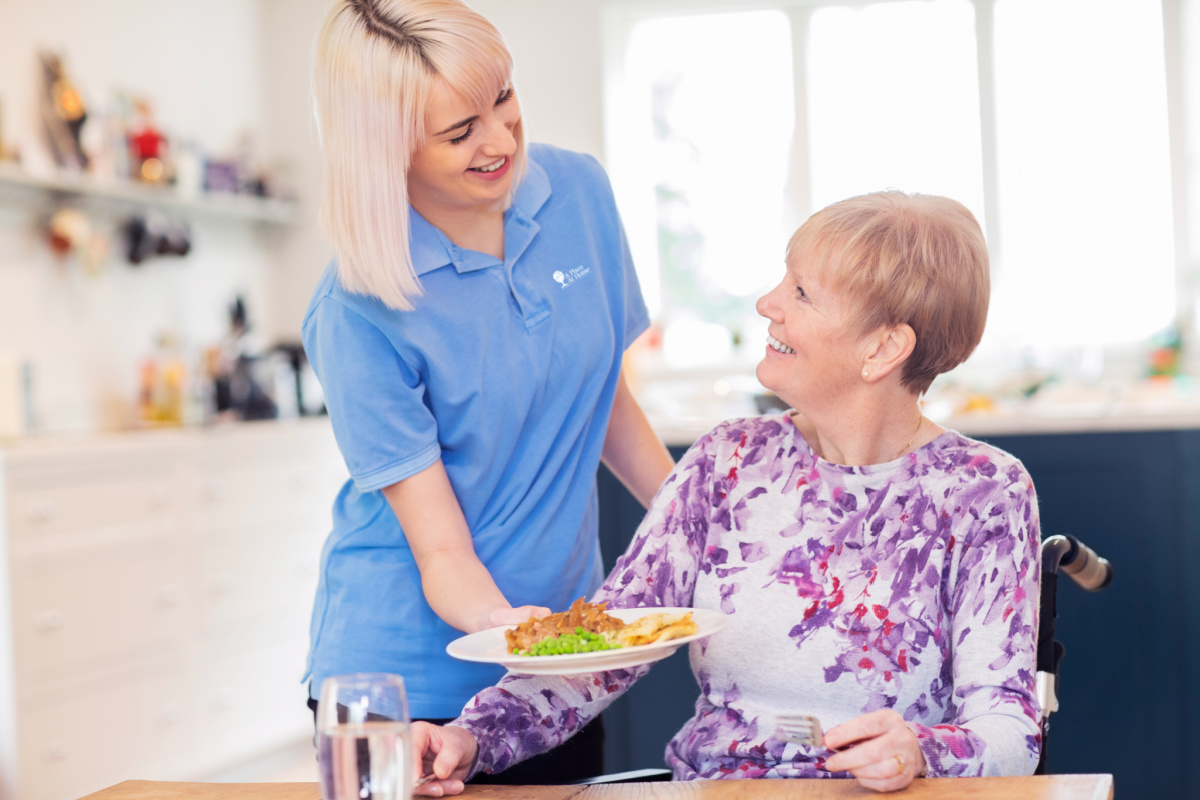How do you choose between an in-home care agency and a registry?
The time has come. It may have snuck into your life quietly, in the form of repeated conversations, forgotten words, or names. Perhaps it raged into existence in the way of a tragic diagnosis or a bad fall. However it happened, the time has come to consider the safety and well-being of a loved one. Searching for care options can be a daunting task. A quick Google search will bring up a plethora of in-home care agencies, as well as registries. But what’s the difference between an agency and a registry?
The primary distinction between the two is that a home care registry is a third party whose objective is collecting a fee. A home care agency has your interests at the forefront.
A registry provides you with a directory of caregivers in your area. That’s the extent of what they provide. When you choose to work with a registry, you take personal responsibility for the caregiver who’s coming into your home. The registry has no oversight of the people it is recommending. Background checks, drug testing, training, and liability all fall on your shoulders. And if the caregiver doesn’t work out, or isn’t able to be there at the scheduled time? It’s up to you to replace them.
When you go through an agency to secure your in-home care needs, it’s a vastly different experience.
An agency provides the security of professional oversight, among other things. An agency is responsible for the hiring and training of their care team. This includes background checks and drug testing. They are also responsible for finding a replacement when a caregiver cannot be with your loved one as scheduled. Even the most consistent caregiver will have times when they are unable to show up as expected. Agencies have a pool of professionally trained and vetted caregivers to call upon when a replacement is needed.
Having an agency that manages your loved one’s schedule, care needs, and caregivers is a better option for navigating what is already an emotionally taxing and stressful situation. It’s also important to note that because registries are a third party, their priorities lie with their interests, not yours.
When you work with an agency, you’re getting a service directly from the provider, whose interests are that of your own: to keep your loved one safe and happy in their own home. An agency is invested in the positive outcomes resulting from the work they do from all angles.
In the end, you want to be sure that the goals of the care provider you’ve chosen align with your goals.
Choosing an agency as your provider ensures a collaborative relationship. If you or someone you know is struggling with caring for their loved one, reach out to us. We are as invested in the health, safety, and quality of life of your loved one as you are.


